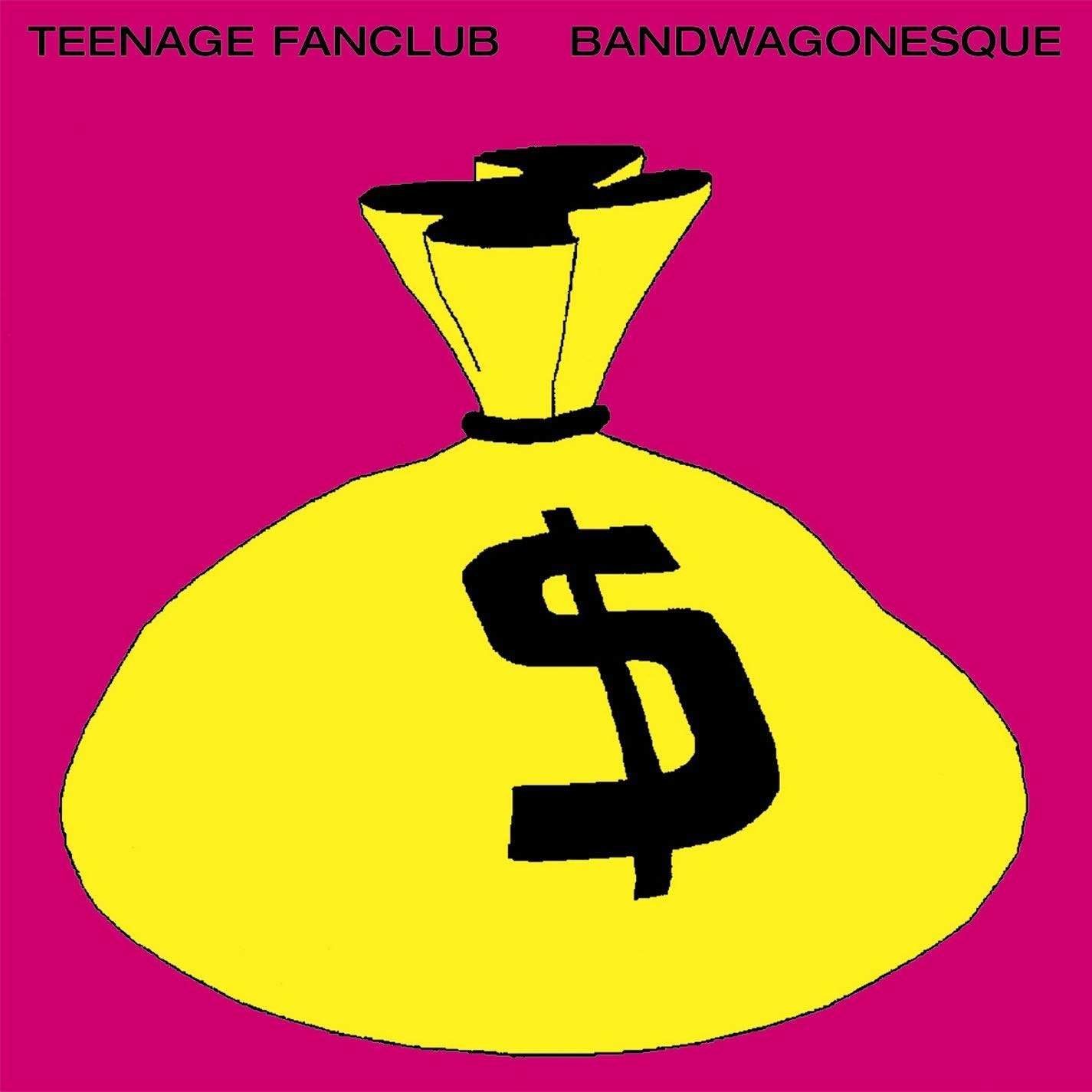
TEENAGE FANCLUB | BANWAGONESQUE
The third release from Scottish alternative pioneers Teenage Fanclub landed the group substantial clout and praise around the world. It’s greatest feat was being voted album of the year in 1991 by Spin Magazine famously beating Nirvana’s monolithic album Nevermind. Looking back, it’s impossible to even imagine how that could happen considering Nirvana’s impact, but it’s afforded Teenage Fanclub legendary status ever since.
Banwagonesque is still considered as a classic in the band’s canon, and one that encompasses the early years of the poppier side of grunge. The opening feedback of The Concept leans into looseness and creates a slight tension before the first strum of the guitar gives way to a soothing honey-kissed G chord. Arguably their most memorable song, it’s a pure slice of melodic 1960’s pop bliss reinvented for the early 90’s generation. The chorus itself (I didn’t want to hurt you, oh yeah”) could be mistaken for anything released by The Beach Boys or their 60’s counterparts and remains one of the band’s most iconic lines.
The album lightly flirts with grunge and swirls around the idea that the band could have later evolved into something dirtier and edgier if they wanted to, but that their core is firmly rooted in the sweeter influences The Byrds and The Beatles would leave behind. Acts like Sloan, The Lemonheads, Guided By Voices, and Jellyfish all built careers on sugary vocal lines and distortion pedals while leaving out the sour mash angst. There are no synths or strings, no production tricks or major label sheen, just simple and immediate harmonic pop rock.
The songs themselves are all dandy and continuously re-playable. This is where guitar simplicity works best and allows the songwriting to shine through. Many notable artists highly praise Banwagonesque as being highly influencial, including Death Cab For Cuties Ben Gibbard who covered the album in its entirely claiming it was his favourite album of all time by his favourite band of all time.
Banwagoneque paved the way for the power-pop movement that would follow in the late 90’s and early 2000’s, which included acts like Fountain Of Wayne and Superdrag. The band is still releasing albums to this day which sound similar to their early music, seemingly locked in a time capsule of their own creation. It’s hard to argue that anyone needs more than a fuzz box and a couple major chords to create a legacy.
Sunny and pleasing like the album, this cocktail is fitting for an evening sipper or an afternoon delight. Its ingredients are a play on both the album cover and the saccharine harmonies within.


